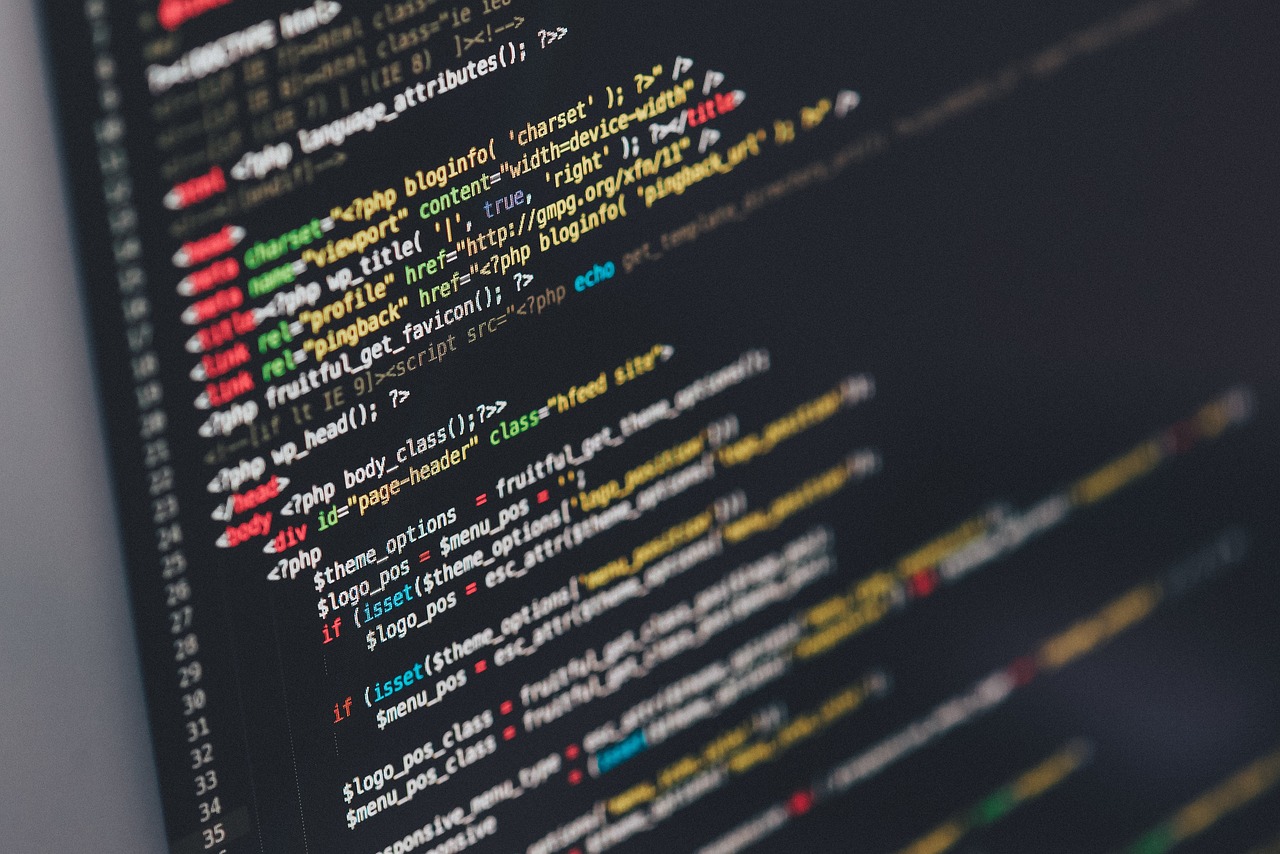Learn to Code at No Cost
Learn to Code at No Cost
Blog Article
Learning to code can be free. With dedication, time, and the right no-cost tools, anyone can pick up programming. Start simple, stay consistent, and soon you'll be getting skilled in programming languages and developing your own applications. Happy coding!
A Guide to Learning Coding for Free
In today's technology-focused world, programming has become an vital skill for many fields. Whether you’re aiming to improve your career, transition to a new career, or explore a fun hobby, coding is an rewarding step. However, one common misconception is that getting into programming requires paid courses or degrees. The truth is, many free resources are available to learn coding. Here’s a guide on how to begin.1. Choose a Programming Language
Before diving in, it’s important to figure out which coding language you want to start with. Each language has its own uses, and choosing the right one depends on your objectives. These are popular selections:Python: Famous for being easy to read and write, Python is a solid option for beginners. It’s frequently utilized in online development, data analysis, artificial intelligence, and automation.
JavaScript: If you're interested on web development, JavaScript is a must-learn language. It's applied to add interactivity to web pages and pairs with HTML and CSS.
HTML/CSS: These aren’t coding languages, but if you’re looking to build websites, HTML and CSS are the core for laying out and beautifying web pages.
Java: A flexible language applied for developing Android applications, backend systems, and large corporate systems.
C++/C#: These are more advanced languages, often applied to game development and system software.
Start by selecting a single language, then delve into free resources tailored to it.
2. Explore Free Online Platforms
Thanks to the open-source nature of the tech world, you can find a huge selection of free resources online to start learning. Here are some top platforms include:Codecademy: Offers interactive coding lessons in various languages like Python, JavaScript, and Ruby. The introductory courses are free, enabling you to practice coding immediately.
FreeCodeCamp: A detailed platform that teaches web development, data visualization, and more. You can even achieve qualifications and join in real-world projects.
Coursera and edX: These platforms give no-cost access to coding courses from universities like Stanford and MIT. You can audit the courses without paying for official recognition.
Khan Academy: Delivers instruction in computer science and programming with a focus on JavaScript and web development.
YouTube: Many coding experts offer free lessons on YouTube. Channels like Traversy Media, The Net Ninja, and CS50 offer hours of content focused on a range of subjects.
3. Practice, Practice, Practice
Programming is like picking up a new language—it requires practice. Theoretical knowledge is key, but hands-on practice is where real learning happens. Some platforms offer chances to practice coding within your browser:HackerRank: A widely used site that provides coding challenges and competitions. It’s a great way to practice problem-solving skills.
LeetCode: Used by developers focusing on technical job interviews, LeetCode offers a wide range of coding problems in multiple languages.
Codewars: Offers coding exercises called "katas" to help you progressively get better.
4. Become Part of Coding Communities
Learning to code can feel daunting at times, but you're not alone. Becoming part of an online community of other beginners and programmers can provide support, guidance, and inspiration. Websites like Reddit (r/learnprogramming) and Stack Overflow let you seek answers and interact with other coders. GitHub, another valuable resource, lets you work together on coding projects, participate to open-source software, and learn from other developers’ code.5. Create Projects
As you feel ready, start building your own projects. Whether it's a personal website, a simple app, or a small game, starting from zero will solidify your knowledge and demonstrate your skills. You can also leverage your projects as part of a project collection for potential employers. Your projects can also be used as a feature in a portfolio for potential employers or companies. This will highlight your talents, but also illustrate your dedication to evolving as a programmer.Conclusion
Learning to code can be achieved for free. With cost-free online platforms, you can master coding from scratch. Start with simple tasks, practice consistently, and connect with the coding community. In time, you’ll develop your own applications and expand your professional possibilities.Find out more on - For Loop in C Programming Example Report this page